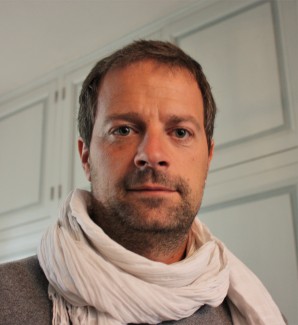
Biography
Jean Daunizeauholds a Bachelor of Science degree in psychology, and obtained a doctorate in physics from the Université de Montréal , as well as a doctorate in medical imaging from the Université Paris XI (Paris, France). From 2006 to 2009, he completed a first post-doctoral fellowship at the Wellcome Trust Centre for Neuroimaging (FIL, UCL, London, UK), under the supervision of Prof. Karl J. Friston. From 2009 to 2012, he completed a second postdoctoral fellowship at the Social and Neural Systems Laboratory (Dpt. of Economics, UZH, Zurich, Switzerland), under the supervision of Prof. Klaas E. Stephan. Since 2013, he has led a research group at the Brain Institute focusing on learning and decision-making.
Research
Jean Daunizeau co-leads the research team "Motivation, Brain and Behaviour" at Paris Brain Institute. He studies how the brain learns and makes decisions using neuroimaging, behavioural and computational means.
Main publications
- Lee, D.G., and Daunizeau, J. (2021). Trading mental effort for confidence in the metacognitive control of value-based
- Behavioural adaptation in Autism. PLOS Computational Biology 16, e1007700.
Devaine, M., San-Galli, A., Trapanese, C., Bardino, G., Hano, C., Jalme, M.S., Bouret, S., Masi, S., and Daunizeau, J. (2017). - Reading wild minds: A computational assay of Theory of Mind sophistication across seven primate species. PLOS Computational Biology 13, e1005833.
- Devaine, M., and Daunizeau, J. (2017). Learning about and from others’ prudence, impatience or laziness: The computational bases of attitude alignment. PLOS Computational Biology 13, e1005422.
Rigoux, L., and Daunizeau, J. (2015). Dynamic causal modelling of brain-behaviour relationships. Neuroimage 117, 202–221.

